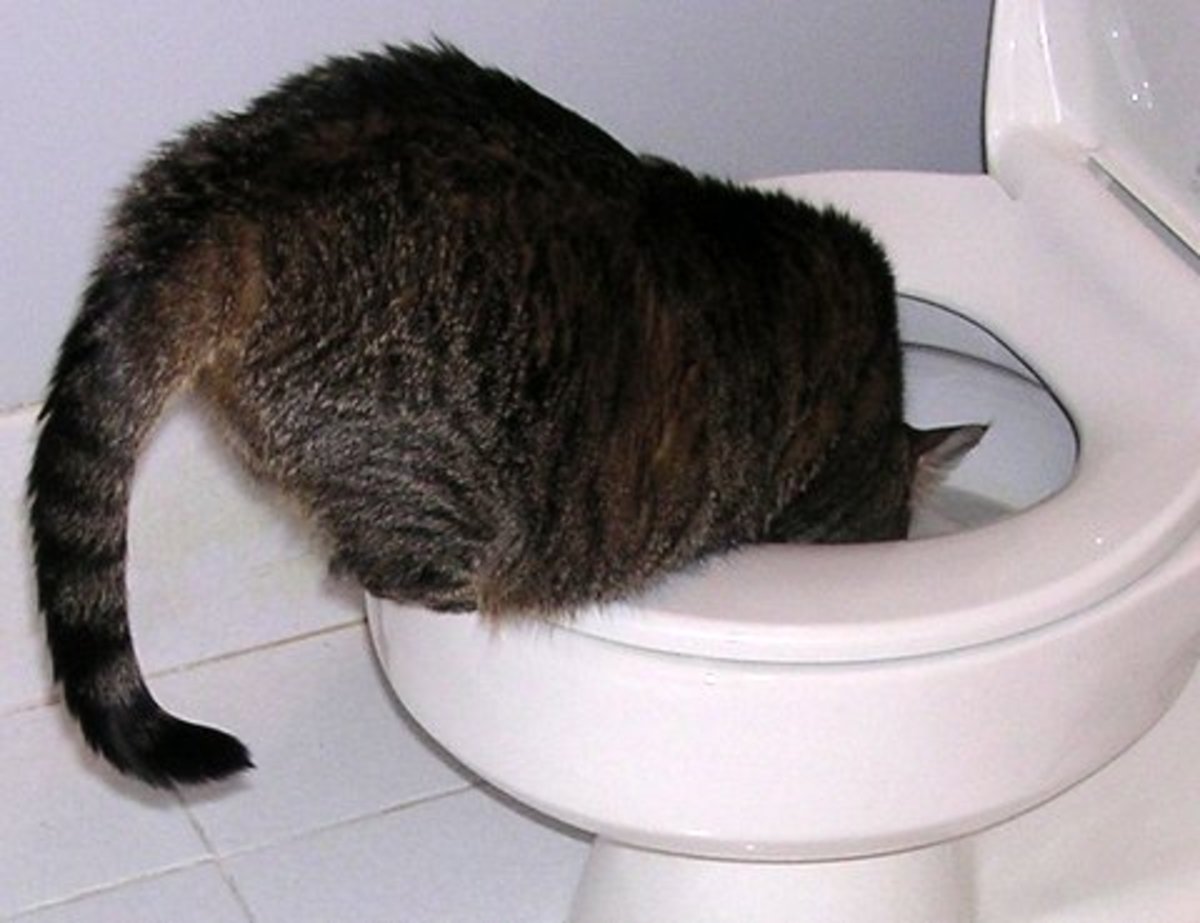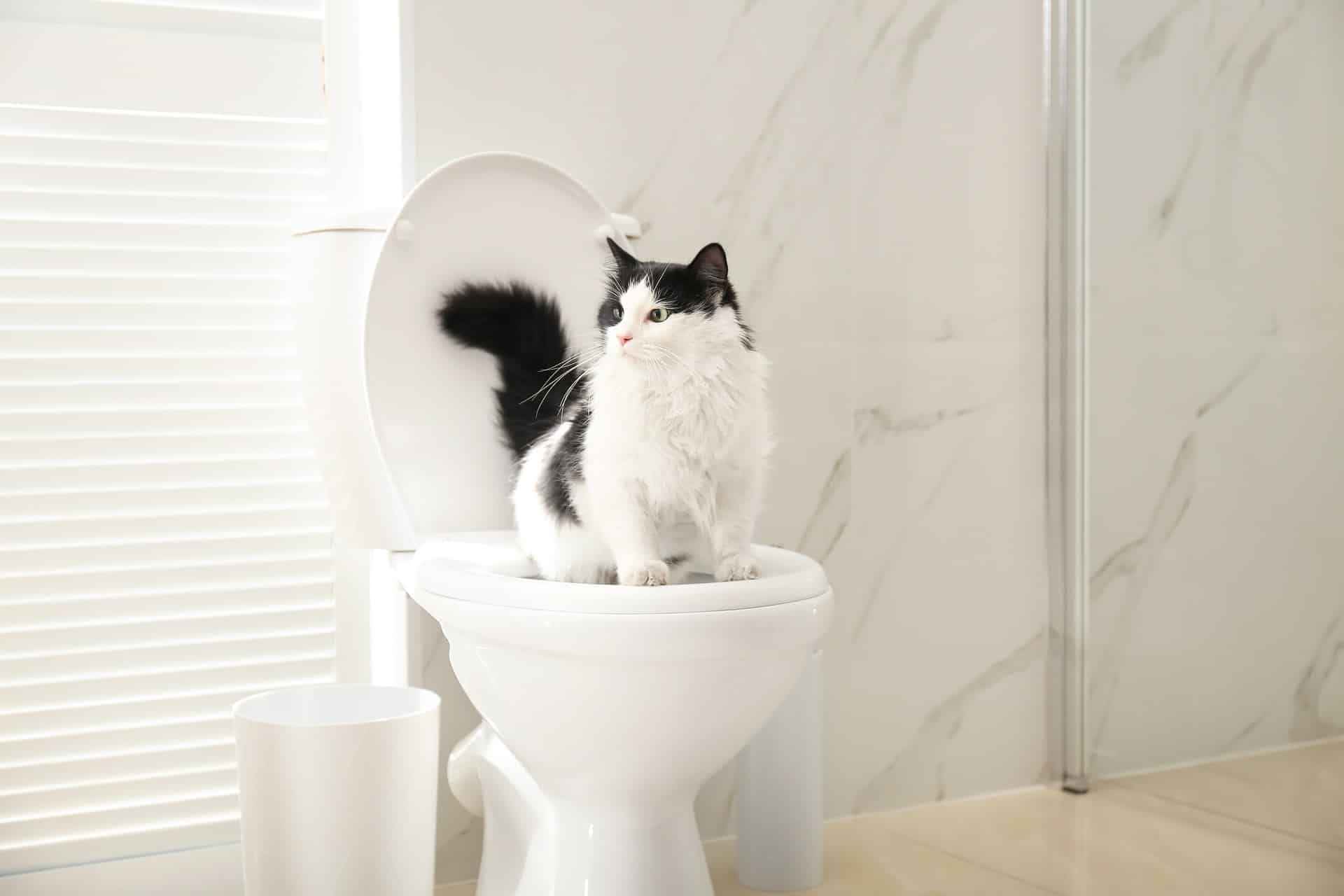Uncovering the Dangers of Flushing Animal Waste Down the Toilet
Uncovering the Dangers of Flushing Animal Waste Down the Toilet
Blog Article
On this page below you can locate more dependable expertise regarding Should you flush animal waste down the toilet.

When it comes to taking care of waste, specifically animal waste, many people typically resort to the convenient choice of flushing it down the toilet. Nonetheless, this relatively very easy option can have significant repercussions for the setting and public health. In this article, we'll discover why flushing animal waste down the toilet is a poor concept and offer different methods for appropriate disposal.
Intro
Appropriate waste disposal is crucial for preserving environmental sustainability and public health. While it may seem safe to purge animal waste down the toilet, it can bring about numerous issues, both for the atmosphere and human wellness.
Threats of flushing animal waste
Environmental effect
Flushing pet waste presents hazardous germs and microorganisms right into rivers, which can adversely affect aquatic ecological communities. These virus can infect water sources and harm marine life, disrupting delicate ecosystems.
Public health concerns
Pet waste has dangerous germs such as E. coli and Salmonella, which can position significant health threats to people. Flushing pet waste down the toilet can contaminate water materials, causing the spread of conditions and infections.
Alternatives to flushing
Instead of purging pet waste down the bathroom, there are several different disposal approaches that are a lot more eco-friendly and sanitary.
Composting
Composting pet waste is an environmentally friendly means to get rid of it. By composting, raw material is broken down right into nutrient-rich soil, which can be utilized to feed yards and plants.
Land fill disposal
Getting rid of animal waste in a land fill is an additional option. While not as environmentally friendly as composting, it is a more secure choice to flushing, as it prevents the contamination of water resources.
Family pet garbage disposal systems
There are specific pet waste disposal systems available that safely and hygienically take care of animal waste. These systems commonly make use of enzymes to break down waste and remove smells.
Actions to correct pet garbage disposal
To make certain correct disposal of animal waste, follow these actions:
Scooping and landing waste
Regularly scoop and bag pet waste making use of eco-friendly bags. This protects against waste from polluting the atmosphere.
Utilizing designated waste bins
Dispose of bagged pet waste in assigned waste bins, such as compost containers or landfill containers. Stay clear of flushing it down the commode in any way expenses.
Cleaning up can and pet locations consistently
On a regular basis tidy litter boxes and pet dog locations to avoid the buildup of waste and bacteria. Use pet-safe cleaning items to maintain health.
Benefits of correct disposal methods
Taking on correct disposal approaches for animal waste offers numerous benefits:
Reduced environmental pollution
Correct disposal techniques reduce the threat of environmental pollution, securing waterways and environments from contamination
Reduced threat of water contamination.
By preventing flushing pet waste down the bathroom, the threat of water contamination is substantially reduced, guarding public health.
Improved hygiene and health
Proper disposal techniques advertise much better hygiene and hygiene, producing a safer atmosphere for both human beings and animals.
Conclusion
To conclude, purging animal waste down the bathroom is harmful to the atmosphere and public health. By taking on alternative disposal techniques and adhering to correct waste management methods, we can lessen the negative effect of pet waste and add to a cleaner, healthier world.
What To Do With Dog Poo – The Do's And Don'ts Of Disposing Of Faeces
Dog poo bins
Some councils provide dedicated dog waste bins in popular dog-walking areas that can take dog poo that has been bagged but you can legally dispose of dog waste in any public litter bin, as long as it is securely bagged. This also applies to your wheelie bin at home.
Do not flush
Water companies do not recommend flushing dog faeces down the toilet because certain parasites can survive the water processing treatment and are potentially harmful to humans. You should also never consider flushing dog poo that has been bagged down the toilet as the bags will not break down and instead create severe blockages in the sewage system.
In the woods
The Forestry Commission promotes a ‘stick and flick’ method for dealing with waste in the woods. This means finding a stick and using it to flick any poo from off the path so that it is out of the way of other walkers. You could also bury it as long as it is not in an area where there might be livestock.
Livestock
Parasites found in dog poo can be transmitted to livestock if they inadvertently eat infected faeces that has been left on grazing land. This could result in the death of sheep or abortion in cattle so you should always make sure you pick up your dog’s waste in fields where livestock could be present.

On a regular basis tidy litter boxes and pet dog locations to avoid the buildup of waste and bacteria. Use pet-safe cleaning items to maintain health.
Benefits of correct disposal methods
Taking on correct disposal approaches for animal waste offers numerous benefits:
Reduced environmental pollution
Correct disposal techniques reduce the threat of environmental pollution, securing waterways and environments from contamination
Reduced threat of water contamination.
By preventing flushing pet waste down the bathroom, the threat of water contamination is substantially reduced, guarding public health.
Improved hygiene and health
Proper disposal techniques advertise much better hygiene and hygiene, producing a safer atmosphere for both human beings and animals.
Conclusion
To conclude, purging animal waste down the bathroom is harmful to the atmosphere and public health. By taking on alternative disposal techniques and adhering to correct waste management methods, we can lessen the negative effect of pet waste and add to a cleaner, healthier world.
What To Do With Dog Poo – The Do's And Don'ts Of Disposing Of Faeces
Dog poo bins
Some councils provide dedicated dog waste bins in popular dog-walking areas that can take dog poo that has been bagged but you can legally dispose of dog waste in any public litter bin, as long as it is securely bagged. This also applies to your wheelie bin at home.
Do not flush
Water companies do not recommend flushing dog faeces down the toilet because certain parasites can survive the water processing treatment and are potentially harmful to humans. You should also never consider flushing dog poo that has been bagged down the toilet as the bags will not break down and instead create severe blockages in the sewage system.
In the woods
The Forestry Commission promotes a ‘stick and flick’ method for dealing with waste in the woods. This means finding a stick and using it to flick any poo from off the path so that it is out of the way of other walkers. You could also bury it as long as it is not in an area where there might be livestock.
Livestock
Parasites found in dog poo can be transmitted to livestock if they inadvertently eat infected faeces that has been left on grazing land. This could result in the death of sheep or abortion in cattle so you should always make sure you pick up your dog’s waste in fields where livestock could be present.

As a passionate reader about , I assumed sharing that portion was a great idea. So long as you liked our blog entry plz don't forget to pass it around. I thank you for your readership.
Click Here To Find Out More Report this page